Change your business address
If you're a full access user, you can update your business, registered, mailing and personal addresses within Online for Business and the Business banking app.

Nick Robins, Professor in Practice for Sustainable Finance at the Grantham Research Institute, highlights the main considerations of a Just Transition and points out why citizens need to be at the heart of all decision making.
For further insights, head over to our Just Transition hub.

“There is a massive investment opportunity in the Just Transition, not just environmental, but social and economic opportunities benefitting communities all across the UK” says Tara Schmidt, Head of Climate & Sustainability Strategy, Lloyds Bank.
For further insights, head over to our Just Transition hub
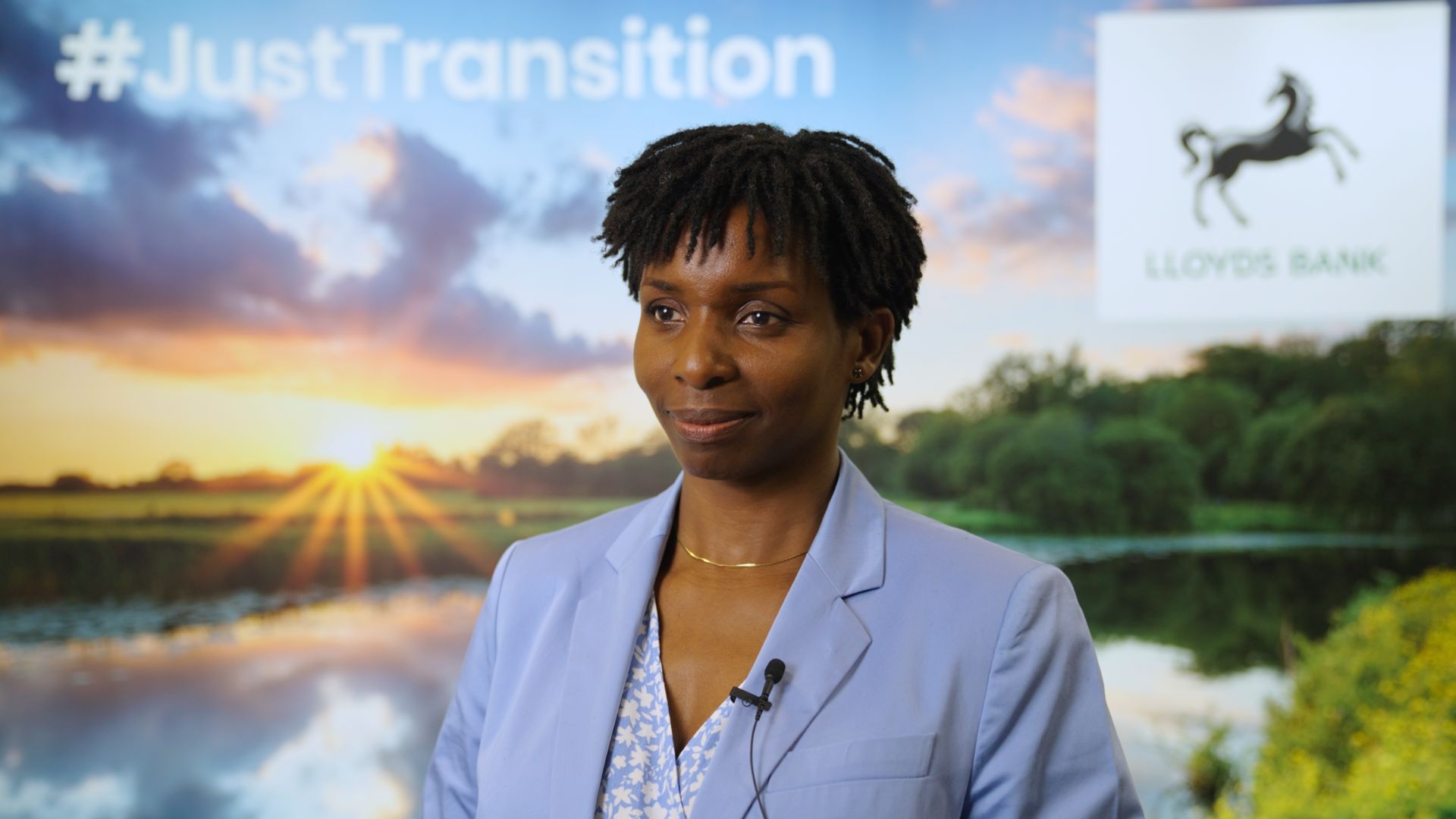
“Achieving net zero in a way that positively engages with people, communities and nature will make businesses more resilient and lead to wider benefits” suggests Chinyelu Oranefo, Director of Sustainability & ESG Finance, Lloyds Bank.
For further insights, head over to our Just Transition hub
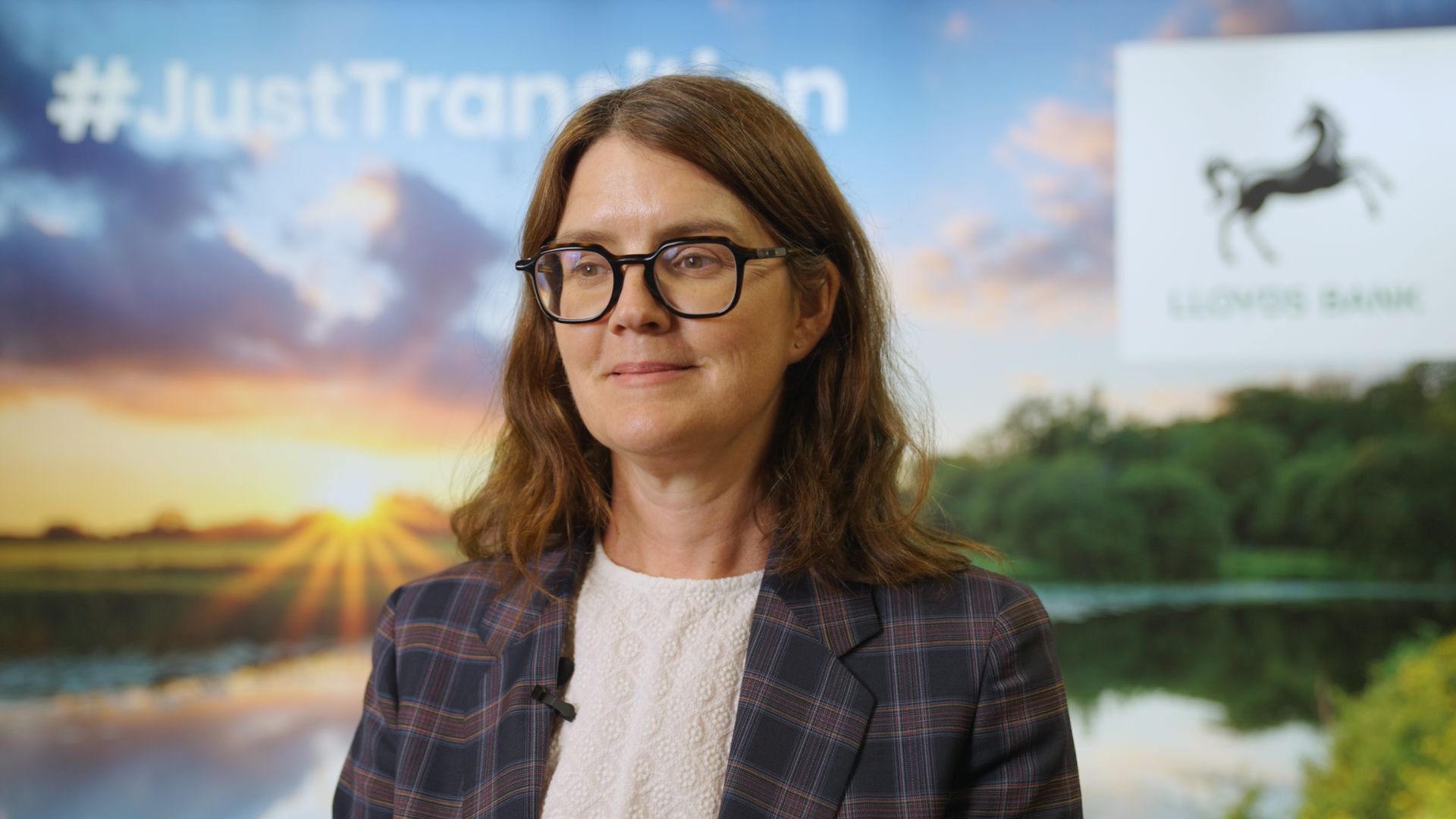
Ingrid Holmes, Executive Director, Green Finance Institute shares her thoughts on what financial innovation is needed for a Just Transition.
For further insights, head over to our Just Transition hub

Dr Sam Gardner, Head of Climate Change & Sustainability at ScottishPower believes if we are to enjoy the benefits of a Just Transition there are three main challenges corporates and institutions must overcome.
For further insights, head over to our Just Transition hub
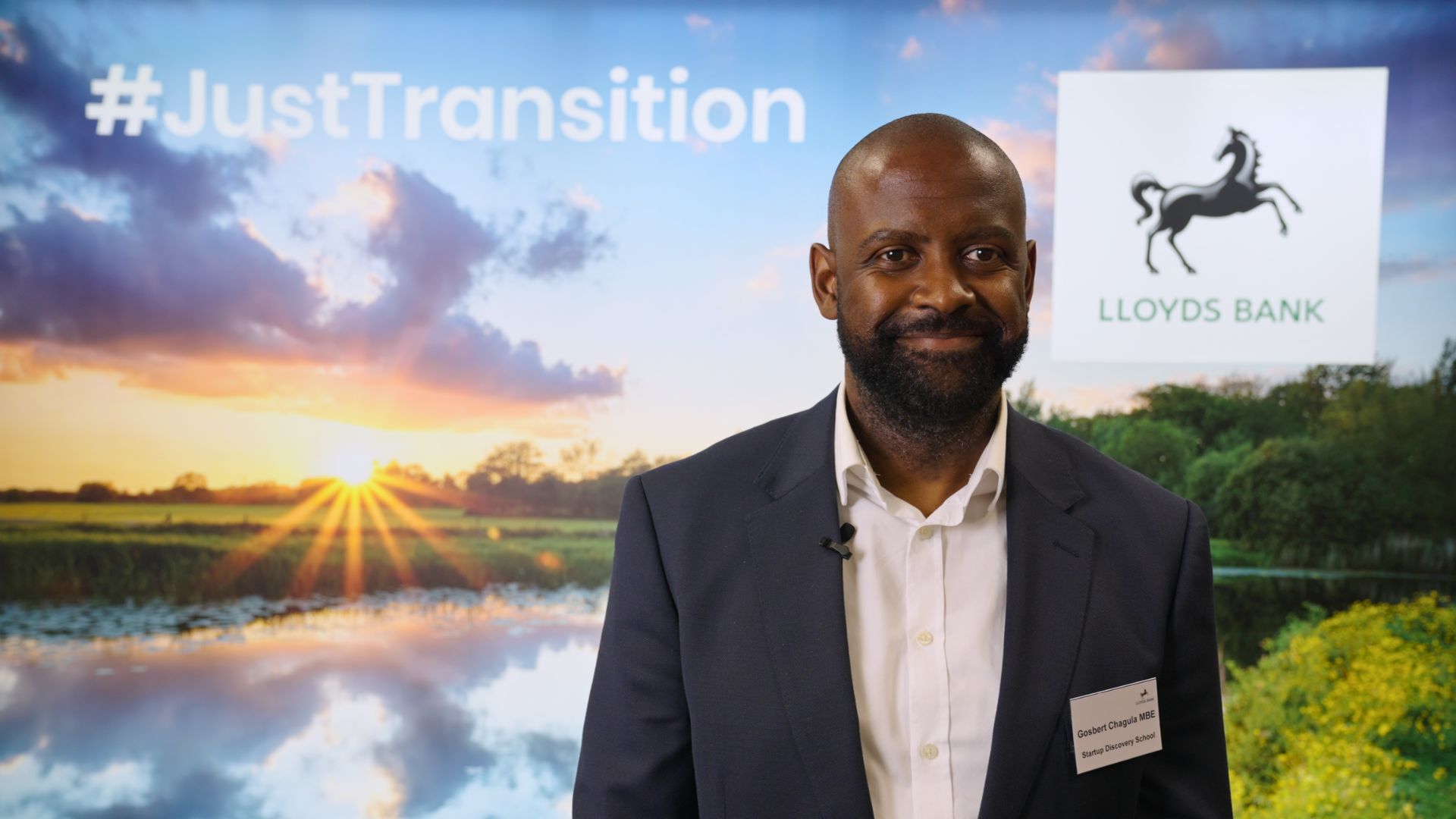
How can we help underrepresented groups access new green job opportunities?
Gosbert Chagula MBE, Co-Founder & Head of Programmes at the Startup Discovery School suggests adding the word ‘green’ to many terms can act as a blocker.
For further insights, head over to our Just Transition hub

The financial system can be an enabler of a Just Transition if organisations think about risks, opportunities and participation suggests Nick Robins, Professor in Practice for Sustainable Finance at the Grantham Research Institute on Climate Change & the Environment.
For further insights, head over to our Just Transition hub

How important is it to bring SMEs with us on the path to a Just Transition?
Gosbert Chagula MBE, Co-Founder & Head of Programmes at the Startup Discovery School explains.
For further insights, head over to our Just Transition hub
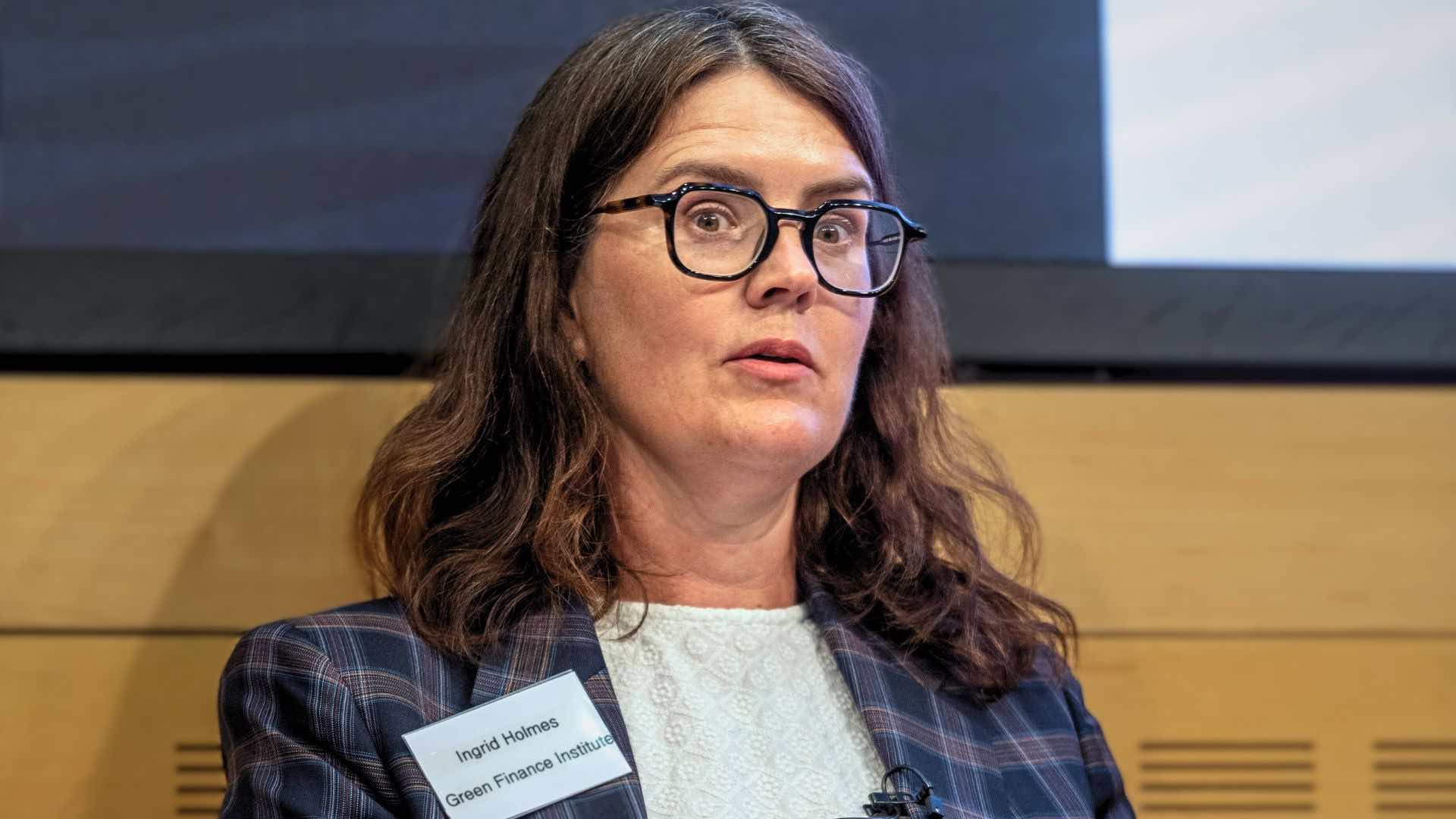
Ingrid Holmes, Executive Director, Green Finance Institute advocates the key to delivering the Just Transition is bringing the community in at the start of any project. She details a great example to bring this to life.
For further insights, head over to our Just Transition hub
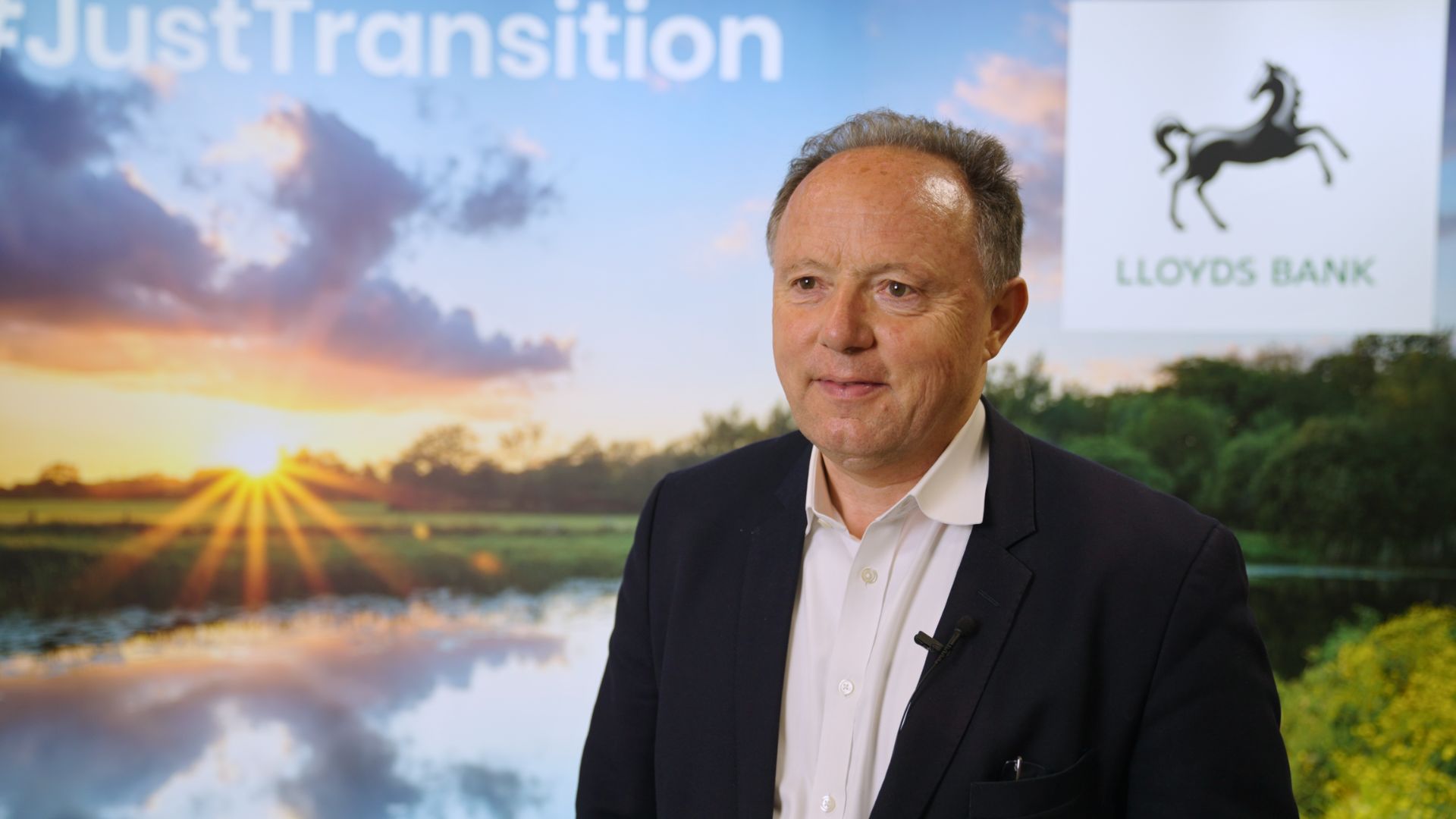
“The Just Transition is not some philosophical concept, it’s about what really drives people to do a good job for their clients and communities” says Nick Robins, Professor in Practice for Sustainable Finance at the Grantham Research Institute on Climate Change & the Environment.
For further insights, head over to our Just Transition hub
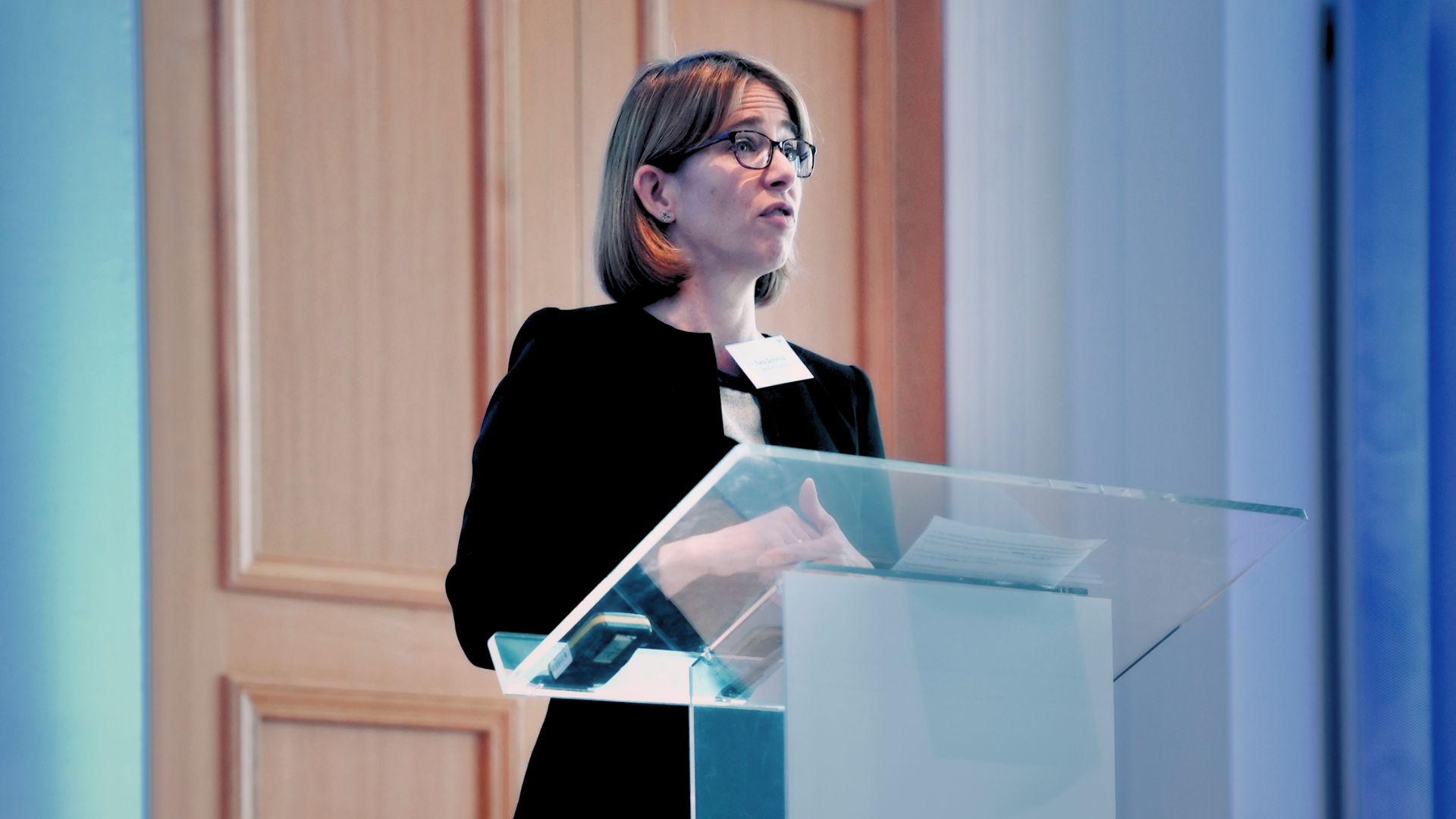
“It’s not just about carbon counting, it's about driving real economy transition and positive impacts for the communities in which we operate” says Tara Schmidt, Head of Climate & Sustainability Strategy, Lloyds Bank.
For further insights, head over to our Just Transition hub
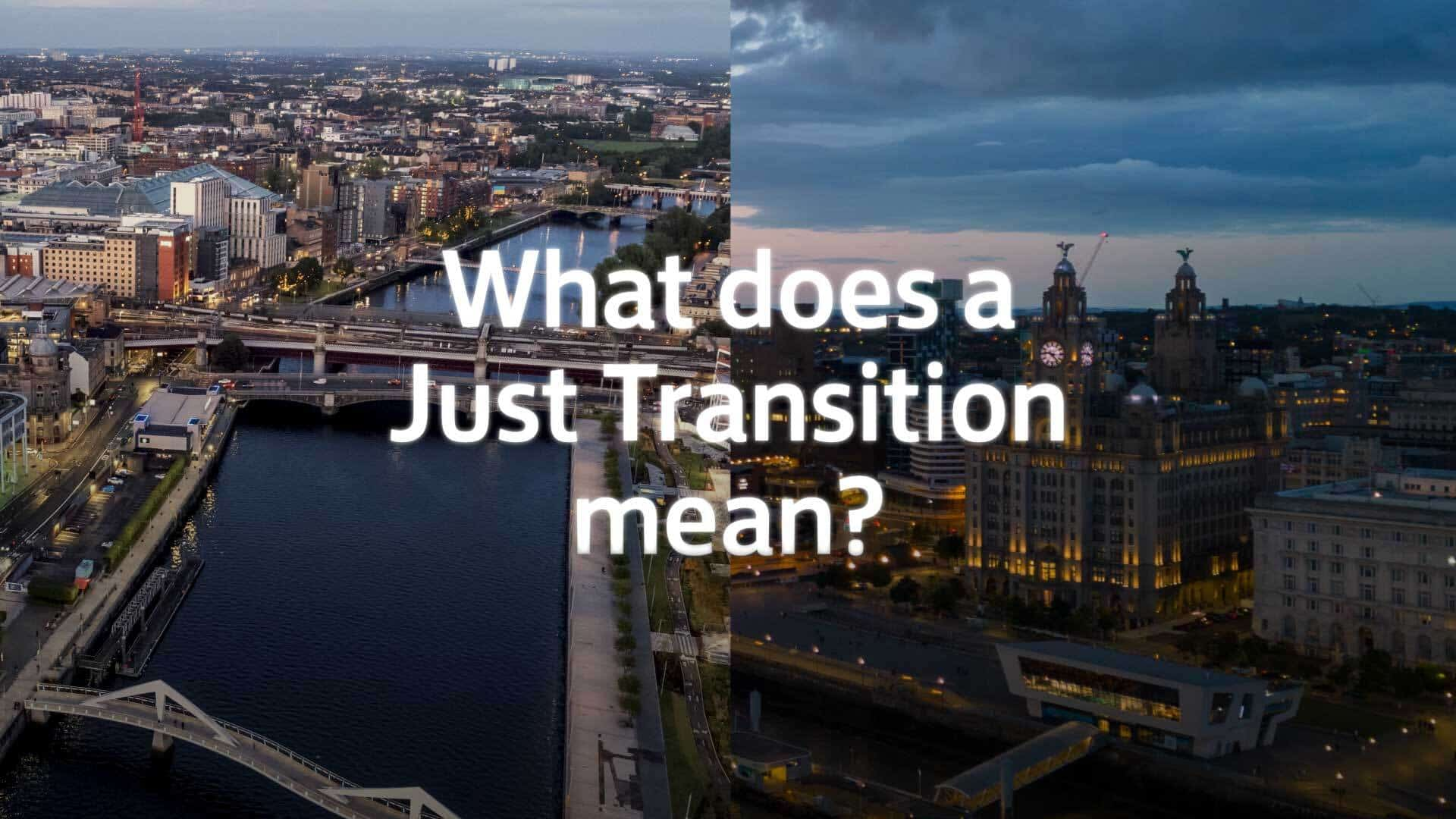
But what does it mean? Hear members of our network share their ideas.
For further insights, head over to our Just Transition hub
For the latest insights follow our dedicated LinkedIn channel for corporates and institutions.